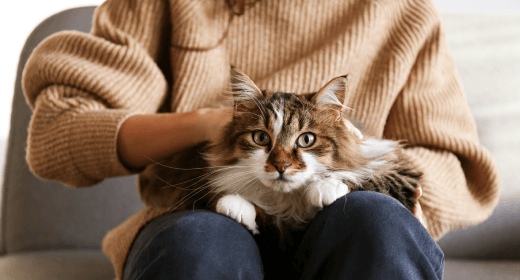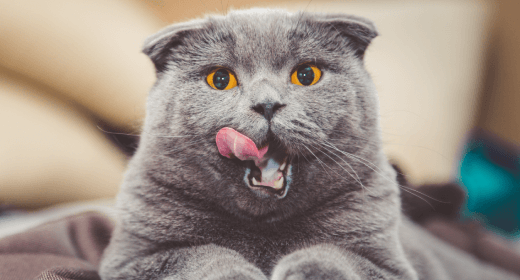

Chicken is a key ingredient in IAMS™ cat food. Its protein can help maintain healthy muscle structure, and it naturally provides each of the amino acids essential to carnivorous animals. And chicken adds great taste.
Another common chicken-based ingredient is natural chicken flavor, also called chicken digest. Natural chicken flavor adds palatability and nutrients. It is high-quality protein and fat material that has been reduced to amino and fatty acids to improve taste through an enzymatic process.
Internal organs are a rich source of protein, fats, and minerals, such as iron, that are essential to cat health and they add a taste that cats enjoy. Including some ground bone provides a good source of minerals, such as calcium. Some pet food manufacturers formulate their products without such ingredients to appeal to cat owners, rather than for the health of the cats themselves. However, the nutritional needs of cats are not the same as those of humans.
Dried (meal) chicken protein sources contained in our chicken-based cat foods, such as IAMS ProActive Health™ Adult Original with Chicken , undergo an extra refining process and contain each of the amino acids that are essential to cats.


Not all protein sources are the same. Cats are carnivores, and IAMS™ cat food contains animal-based proteins that provide all the essential amino acid requirements for cats. We use only high-quality, highly digestible protein sources.
Fatty acids are a key part of complete cat nutrition. They maintain healthy skin, a shiny coat, proper membrane structure, and overall health. All IAMS products contain sources of these fatty acids.
Our research has shown that moderately fermentable fiber enhances intestinal health. All IAMS cat foods, including IAMS Purrfect Delicaies™ Select Cuts with Roasted Chicken Entrée, contain a fiber system of moderately fermentable fiber to help keep your cat's digestive system healthy, providing energy for intestinal cells and bulk for mobility.